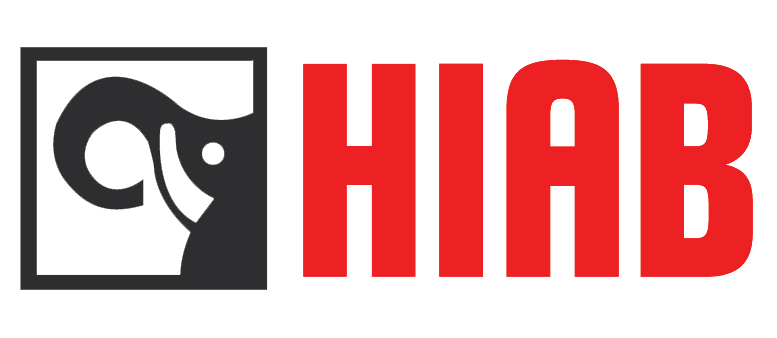RailPro SAB Foundation Film Release…

Perway RRV
Perway RRVThis model variant is used to maintain the permanent way. The vehicle is based on the UD80 8-ton chassis. The main components are as follows:✓ Flat deck fitted with lashing points to hold up to eight (8) lengths of 6m rail✓ Hiab 3 ton.metre stiff boom crane mounted at rear of deck✓ Crew cab seating up to …
OHTE – RRV
Over Head Track Equipment - OHTEThis model variant is used to maintain the Overhead Track Equipment (hence the designation “OHTE”). This involves all the power supply infrastructure found on electrified rail networks. South Africa has roughly 22,000 km of rail network, of which some 40% is electrified.The OHTE vehicle features a flat deck fitted with …
Tanker RRV
Tanker RRVThis model variant is used for carrying water and for …
Inspection RRV
The Inspection RRVThis model variant is used to carry out inspection …Testimonials
We at Bidvest over the last four years of operation found the DSDS technology to be simple, reliable, cost-effective and energy efficient. The technology, which has demonstrated significant advantages over the friction drum drive and rubber-on-track systems previously developed in this fleet.Head of Maintenance Monitoring Unit and National Operations of Specialised Equipment, Bidvest Bank
“We are developing our fleet based on RailPro’s maintenance platform. These vehicles have been put to work in rail maintenance and construction environments and have consistently delivered superior performance in comparison to other RRVs currently on the market. We have ordered the RailPro crane RRV so as to meet and exceed our client’s expectations. The stiff-boom crane allows our company to achieve higher work-rates, thereby increasing productivity, while operating with greater safety, which directly benefits our customers.”Juan Swart, operations manager, Tractionel Enterprise.
See our sprayer in action…
Crane and Tanker Vehicles in Action
Who We Are?
A road-rail vehicle (“RRV”) is a vehicle which can operate both on rail tracks and a conventional road. These are vehicles used by network operators to maintain their rail infrastructure.
The RailPro group is comprised of experienced engineers who hold the exclusive licence in South Africa to state-of-the-art DSDS™ technology. Railpro have fully equipped workshops, and build the DSDS conversion package onto standard road vehicles to allow them to run on rail.
RailPro’s DSDS™ allows “on-rail” performance specifications and capabilities similar to “on-road” specifications.
The company is based in Johannesburg, South Africa.

Why are RRVs Used?
✓ RRVs are widely used for the following activities on railroads:
✓ Maintaining the “Permanent way” rail road;
✓ Maintenance of rail – surveying and track inspection;
✓ Delivery of men and materials (rail, sleepers, ballast, fencing, wires, etc) from depot yard to track side, no load transfers;
✓ Crane delivery to site;
✓ Welding teams delivery and recovery;
✓ Delivery of replacement rail track;
✓ Maintenance of Over Head Track Equipment (“OHTE”);
✓ Proximity to rail work – Fencing etc;
✓ Pesticide Spraying;
✓ Obstacle clearance; Leaf blowing and scrubbing with wire brushes, snow ploughing etc.
✓ Drain inspection & clearing
✓ Ultrasonic rail scanning
✓ Ice scrubbers and 3rd rail sensors
Benefits of RRVs
✓ Mobility: Self-contained, road legal vehicle
✓ Rail-rolling stock: Reduced dependency on rail locomotives.
✓ Track Time: Greater flexibility of track time;
✓ Reduced logistics:Self-sufficient vehicle, so no haulage to site required
✓ Increased efficiency: Delivery of men and materials from depot yard to track side, no load transfers
✓ Cost improvements: Avoids expensive low loader deliveries
✓ Increased productivity: Able to transport multiple maintenance teams and be fully equipped with tools required. No need to push a trolley up track
✓ Improved health and safety: All equipment can be stored in the vehicle, so reduced manual lifting
✓ Security: No vandalism and parking issues, machine is taken to worksite in one continuous process, not left unattended
Partners & Clients




















